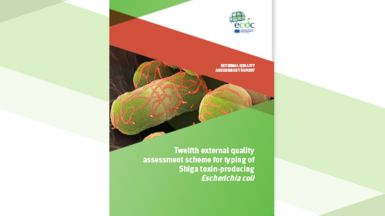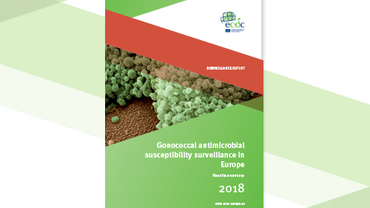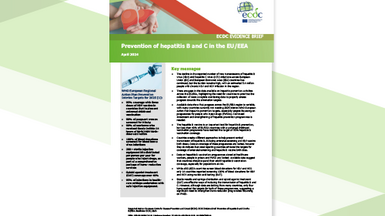Understanding the impact of smartphone applications on STI/HIV prevention among men who have sex with men in the EU/EEA
Scientific literature appears largely unable to show direct causality between internet use and STI trends. This report attempts to provide an overview of current research and apply the conclusions to the epidemiological situation in the EU/EEA.
Men who have sex with men (MSM) have remained a group who have been impacted disproportionately by high rates of sexually transmitted infections. Over the last 30 years, we have seen significant and differing changes between countries in areas such as equality, marriage, sexual tourism, recreational drug use and STI testing and treatment.
Executive Summary
This ECDC report, produced in collaboration with the Terrence Higgins Trust, looks into the role of smartphone applications directed at men who have sex with men (MSM) and how this affects the HIV epidemic across the EU/EEA. This refers to apps both as a tool for MSM to find partners and also as a possible platform for outreach work in the field of HIV prevention and sexual health.
Smartphone apps have significant reach and therefore offer great potential for public health outreach work specifically for health promotion. There already is experience of this building up by organisations in some EU/EEA countries which are already using online and mobile platforms for STI/HIV prevention. This experience suggests that the effective use of apps can contribute to the promotion and the uptake of HIV testing and other services, especially when this is linked to specific events such as European HIV-Hepatitis testing week, utilising advertising to promote services, and providing an effective platform for community outreach.
Smartphone applications designed to facilitate MSM meeting each other, began to emerge around 2009 and their use has continued to increase. Recent research in the UK found that 76% of MSM respondents (who were not in a closed, monogamous relationship) had used online platforms to find sexual partners in the last six months.
There are many common factors across EU countries and internationally, such as the use of certain popular apps, and smartphone apps have particular importance to young MSM and are especially popular in MSM tourism. However, there remain some important local variations in usage and popularity of phone apps.







